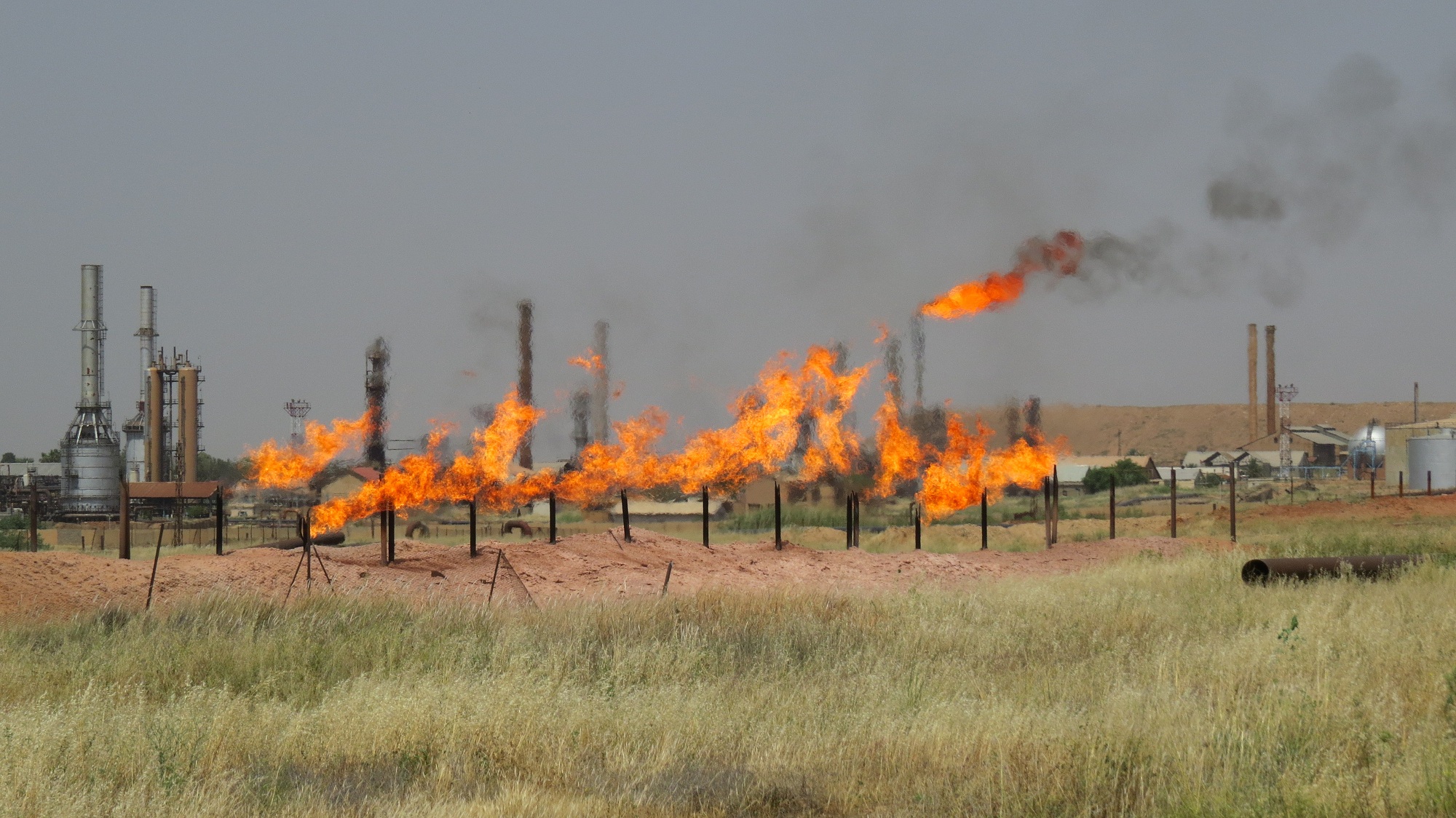Kirkuk productions capacity, excluding Kurdistan region, has dropped to 2.5 million barrels last January for over 200 million American Dollars USD compared to 2.7 in December 2021 for 195 M USD, Iraqi ministry of oil said in its monthly publication.
Iraq's exports of Kirkuk were briefly disrupted on Jan. 18-19 after flows from the Kirkuk-Ceyhan pipeline stopped following an explosion in Turkey which shut the key export route.
The production capacity of Iraqi oil fields has soared to 99.3 million barrels in January for 8.27 billion as each barrel of crude oil was marketed for USD83 compared to 98.5 in December 2021 for $7.2 billion.
The Northern oil-rich city of Kirkuk has exported over 35 million barrels of crude oil in 2021, generating 2.4 billion USD while in 2020 it has pumped 33 million barrels for 1.2 billion USD compared to 33 million for 2 billion USD in 2019
Kirkuk hit peak of its 2021 production in February when it has pumped 3,8 million barrels for $213M, the highest production capacity in 2021 while the lowest was in November when it has dropped to two million barrels only with 150 million USD revenues.
Early 2020, Kirkuk was exporting only 1,1 million barrels exported to the Turkish Mediterranean port of Ceyhan by a pipeline crossing Iraqi Kurdistan.
Kirkuk, Iraq’s second largest reserves, located 238 kilometers north of Baghdad, is an ethnically mixed province for 1,7 million Kurds, Arabs, and Turkmens. It has long been at the center of disputes between Baghdad and the Erbil.
There are five major oil producing fields in Kirkuk, Avana, Bai Hassan, Qubbat Baba, Jambour and Khabaza, which are supervised by the Iraqi government's North Oil Company.
Kirkuk oil exports stopped from July 2017 to first quarter of 2019 due to a standoff between the Iraqi government and Kurdistan regional Government KRG. Iraqi forces took over power in Kirkuk in October 2017, the federal government has controlled the five oil fields of Kirkuk.
The Iraqi Oil Ministry announced that Iraq and Turkey are going to reopen the 970-kilometer-long pipeline that transports Iraqi crude from Kirkuk to export facilities in Ceyhan on the Mediterranean coast.
Iraq’s oil reserves are considered the world's fifth-largest with 140 billion barrels.





